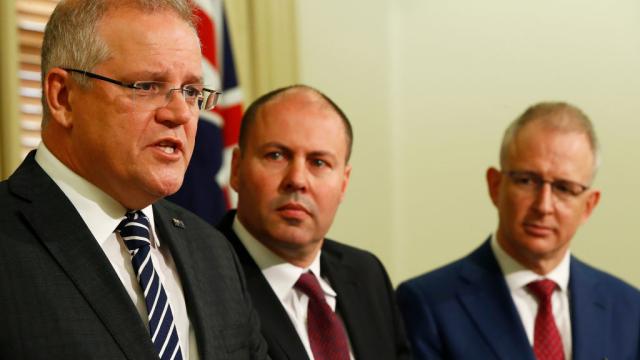It’s finally happening. Australia’s “world-first” code that would force Facebook and Google to negotiate over paying for news, the news media bargaining code, is set to become law. And what a ride it’s been.
On Wednesday night, the Treasury Laws Amendment (News Media and Digital Platforms Mandatory Bargaining Code) Bill 2020 passed the Senate, leaving just the House of Representatives to give the rubber stamp of approval.
When Facebook announced that the company would would revert its Australian news ban, there were some key amendments made to the law that made it more palatable for Facebook.
These were:
- Requiring that the government’s decision whether to designate a platform (i.e. make the law apply to the company’s product) would consider if the platform has come to agreements with news publishers already
- Giving a months notice of designation to the platform.
- Ensuring the code’s protection against platforms giving preferential treatment to one publisher won’t apply based on the deals that they sign with the company.
- Giving platforms two months after being designated to hash out agreements before they’re forced to come up with bids for how much they’ll pay for news, which will be decided on by an independent decision-maker.
All this appears to allow agreements based on Facebook and Google’s news products (like Facebook’s News rather than the News Feed) fulfils the requirements of the code.
Who ‘won’ the news media bargaining code saga?
As always, there are many hot takes on the subject. It is a sprawling saga that is quite difficult to unpick.
But if you zoom out, it becomes clearer: The Australian government has facilitated Big Tech paying for a public good, specifically journalism and media, like it said it would.
The bargaining code’s intention was to force Facebook and Google to come to the table with publishers. Before this, they didn’t have to do anything! And their market power means that they could have arbitrarily punished publishers who didn’t do what they wanted to do during negotiations if they wanted to.
There are many problems remaining with the code: news is ill defined in the law, money doesn’t have to spent on journalism, and it leaves the opportunity for tech platforms to pull the plug again.
It won’t cure media’s fundamental problems either — if anything, it may encourage them to keep doing what they’re doing now for longer.
With a review set to happen a year after it’s enacted, Australia will see what happens in practice.
The law didn’t meet the hype but from the perspective of people who want more money to go into the news media and think that tax-shy tech giants like Facebook and Google should be paying their fair share — it’s a start.
